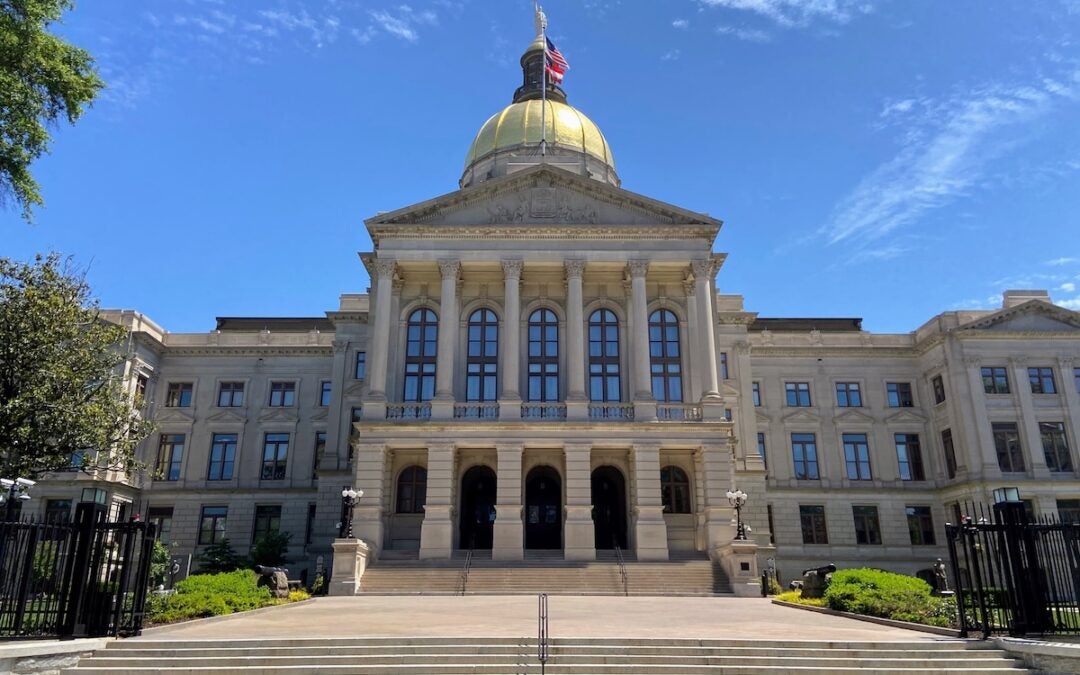By Lt. Governor Burt Jones
Property tax bills represent a major household expense every year for hardworking Georgians. A homeowner’s property tax bill is mostly based on two factors: the local tax rate and the assessed value of their home. Given the large increase in home values across Georgia in recent years, many school districts, cities, and counties have been able to count on a boost in revenue without raising tax rates year to year. This has resulted in large, and often surprise tax increases for many homeowners.
During the 2024 legislative session, I was proud to prioritize two pieces of property tax reform legislation that ultimately passed both the House and Senate by wide margins. On the November ballot, Georgians will vote on a proposed constitutional amendment that, if enacted, will allow legislation to go into effect that places an annual cap on the amount by which home values can rise for property tax purposes. If the proposed amendment passes, legislation I supported and that Governor Kemp has already signed, will bar local governments from raising your home value in a given year by more than the annual rate of inflation, even if the market value of the home has gone up by more. This will make it harder for your tax bill to rise just because the value of your home and others around it went up. Under this proposal, local officials will have to look at fairer and more transparent ways for local governments to raise more tax revenue from their citizens. I think the people of Georgia deserve that kind of transparency from all levels of government.
Under this proposal, a local government can opt out of this annual cap only after announcing its intention to do so and holding a series of public meetings – again, expressing the legislature’s desire for transparency. While this local option is an important feature of the proposal, it would be disappointing to see local governments utilize it without adequately listening to the concerns of the Georgians it would so greatly help. By opting out of a measure intended to save Georgian’s money and give them predictability in planning their annual household expenses, local governments would be prioritizing revenues over transparency and their citizens’ budgets.
This fall, Georgia voters will be asked: “Shall the Constitution of Georgia be amended so as to authorize the General Assembly to provide by general law for a state-wide homestead exemption that serves to limit increases in the assessed value of homesteads, but which any county, consolidated government, municipality, or local school system may opt out of upon the completion of certain procedures?” I encourage all Georgians to learn more about the reforms passed by the General Assembly this year and discuss these matters with their local elected officials as the November referendum approaches.
Burt Jones is Georgia’s thirteenth Lieutenant Governor. He serves as President of the Georgia Senate.








